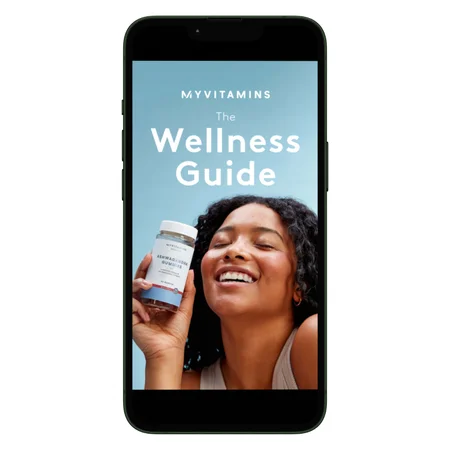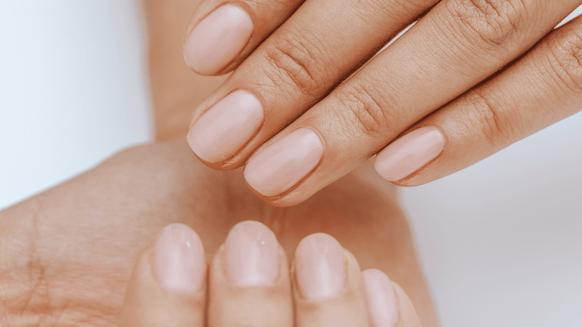What Is Mindfulness? Understanding Meditation

Meditation is often seen as a gateway to mindfulness, a practice that can profoundly enhance your quality of life. But what exactly is meditation, and how does it relate to mindfulness? Let’s explore these concepts and how you can cultivate a meditation habit that brings mindfulness into your daily routine.
What is mindfulness?
Mindfulness is the art of paying attention to the present moment without judgment. It involves being aware of what’s happening internally - your thoughts, emotions, and bodily sensations - as well as externally, such as your surroundings and interactions with others.
This skill can be developed through regular mindfulness practices, including meditation. Mindfulness meditation is a specific type of meditation that focuses on observing the present moment. It often begins with noticing the sensations in your body and mind, then shifts to focusing on the breath. This practice can also include listening to sounds or visualizing calming images like a lake or mountain.
The goal is to remain present, whether you’re focusing on your breath or the natural sounds around you.

How to meditate
Meditation is a deeply personal and experiential practice, and its effects can vary based on individual backgrounds and life experiences. Here’s a simple guide to get started:
1. Find a quiet space
Choose a place where you feel comfortable and are unlikely to be disturbed.
2. Set a timer
Start with just a few minutes and gradually increase the duration as you become more comfortable.
3. Focus on your breath
Close your eyes and take slow, deep breaths. Pay attention to the sensation of the breath entering and leaving your body.
4. Observe without judgment
Notice any thoughts or emotions that arise, but try not to judge them. Let them pass like clouds in the sky.
5. Embrace the noise
Understand that it’s impossible to control all external noises or silence the chatter in your mind. Instead, observe these sounds and thoughts without getting caught up in them.
With regular practice, meditation can lead to a deeper connection with life, making you more present and increasing your overall satisfaction.
Building the habit of meditation
Meditation is a powerful tool that can transform your life by enhancing focus, reducing stress, and improving sleep. Yet, many people struggle to make it a consistent habit. If you find yourself enjoying your meditation sessions but struggling to regularly incorporate it into your daily routine, you’re not alone. Let’s explore how to create a sustainable meditation practice.
Finding the best time for meditation
The best time to meditate is when you are most likely to do it. This could be:
Morning: Starting your day with meditation can set a positive intention and provide clarity for the hours ahead. It’s a peaceful way to transition from sleep to wakefulness. Midday: A short meditation break during the day can help you regain perspective, especially if you’re juggling multiple tasks. It serves as a mental reset. Evening: Meditating in the evening can help calm your mind after a busy day, preparing you for a restful night’s sleep.
Choose a time that aligns with your lifestyle and when you’re least likely to be interrupted.

Overcoming resistance to meditation
If you're struggling to meditate regularly, it can be helpful to think about where exactly that resistance is coming from. Here are some suggestions to help you with some of the most common barriers to regular meditation:
1. Investigate the resistance
Reflect on why you resist meditating. Is it a lack of time, or perhaps uncertainty about how to start? Identifying the root cause can help you address it.
2. Set reminders
Schedule meditation like any other important appointment. Use alarms or calendar notifications to remind you.
3. Start small
Begin with just a few minutes a day. This makes the practice less daunting and easier to fit into your schedule.
4. Consistency is key
Aim to meditate as many days as possible each week. Consistency will help reinforce the habit.
5. Reaping the benefits
As you continue meditating, you may notice improvements in focus, stress levels, and sleep quality. These benefits can motivate you to maintain the practice. Remember, the time you invest in meditation often pays back with interest in the form of a more balanced and peaceful life.
Tailoring your practice
If you’re unsure about what type of meditation to practice, consider your specific needs.
Stress reduction: Mindfulness meditation can help you manage stress by bringing your attention to the present moment. Improved sleep: Guided meditations focused on relaxation can prepare your mind for sleep. Self esteem and empathy: Some types of meditation, sometimes called 'loving-kindness meditation', focus on thinking positive, affirming thoughts about yourself and those close to you.
Whether you’re a beginner or more experienced, there’s a meditation style that can suit your needs. Explore different techniques and find what resonates with you.
Take home message
Adding meditation and mindfulness practices into your daily routine may help you feel calmer, focused, and more grounded. Using the tips we've explained here, you'll build up your own practice in no time!
For more meditation guidance, check out The Mindfulness App. And for expert articles on all things wellness, take a look at The Wellness Guide by Myvitamins.
Tekla Wannberg is an expert in the field of mindfulness and a key member of The Mindfulness App team, dedicated to making mindfulness and meditation accessible to people worldwide.
Recognizing the common challenges of today's busy lives, Tekla joined The Mindfulness App to help address stress-related issues and improve overall well-being.
The Mindfulness App offers a diverse range of guided meditations led by renowned teachers, along with customizable reminders, covering various topics. Thanks to the founder, Martin Wikfalk's vision, integrating mindfulness into daily life becomes effortless, empowering users to practice mindfulness in a way that fits their unique schedules and needs.












